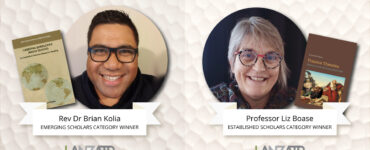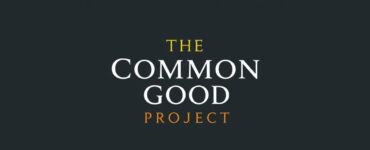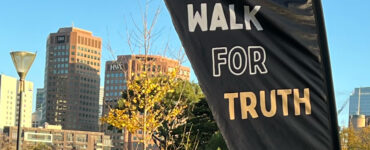Professor Peter Harrison (University of Queensland) presents a lunchtime seminar at Catholic Theological College
When: Wednesday 16 August, 1.00-2.00pm
Where: Treacy Boardroom, Catholic Theological College | 278 Victoria Parade
RSVP: by Monday 14 August to Jill Doncovio | jill.doncovio@ctc.edu.au or 9412 3304
BYO lunch. Tea/coffee/wine provided
The concepts ‘science’ and ‘religion’ are relatively modern ideas. Only in the seventeenth century did people begin to speak about ‘religions’ as systems of beliefs and practices. The modern notion of ‘science’ emerged later, in the nineteenth century, when the study of nature was finally separated from religious and moral concerns. The seminar will sketch out the history of these two ideas, and explores what this history means for our understanding of the relations of science and religion, in the past and the present.
Peter Harrison is an Australian Laureate Fellow and Director of the Institute for Advanced Studies in the Humanities. Previously, he was the Idreos Professor of Science and Religion and Director of the Ian Ramsey Centre at the University of Oxford. He has published extensively in the field of intellectual history with a focus on the philosophical, scientific and religious thought of the early modern period, and has a particular interest in historical and contemporary relations between science and religion. He has been a Visiting Fellow at Yale and Princeton, is a founding member of the International Society for Science and Religion, and a Fellow of the Australian Academy of the Humanities. In 2011 he delivered the Gifford Lectures at the University of Edinburgh. Author of over 100 articles and book chapters, his six books include, most recently, The Territories of Science and Religion (Chicago, 2015), winner of the 2016 Aldersgate Prize. Peter is also a Fellow of ISCAST–Christians in Science and Technology and is in Melbourne at ISCAST’s invitation.





